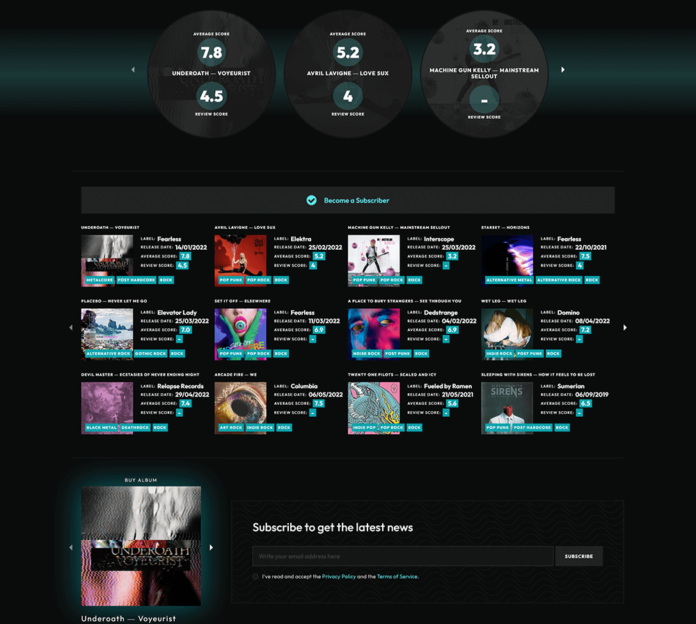In 2020, many smart class with digital libraries are available and used by many professors, even the publishers are joining and providing digital content with books. As per the future of the Internet in India report by Nasscom and Alamai Tech, 75 per cent of new users in India will come from rural areas. This explains why the education system should build a cloud.
According to Abhay Gupta, Co-founder, Board infinity, with the wake of the pandemic, education has moved base online. While the increase looks astronomical, in the light of Covid crisis, this transition has been organic. While virtual classrooms and recorded tutorials are a welcome change for now, once the lockdown ends, the emphasis might move back to the traditional method of learning losing all sight of development.
Nowadays schools and colleges understand the need of adopting tech, here are some key benefits listed below:
- Efficiency and resourcefulness: Tech-enabled learning resources including recorded lectures, digital ebooks and virtual classrooms help save ample amounts of time, are interactive and an effective way of learning. Earlier information used to pass on like a dispensing machine but now monitoring insights into students and teachers performance will throw light on a different area of concern.
- Learning through mobile apps: According to a report by Counterpoint Research, India is the second biggest smartphone consumer in the world after China with more than 220 million active users. This is a great platform to provide value and learning through mobile apps. Concepts are now simplified with easy to assimilate illustrations, animations games and more. With the price point of smartphones being more affordable, people from rural areas too can take advantage and upskill themselves. Even though India is on par with global institutes, we are lagging behind when it comes to usage to tech in the education, tech enables solutions can come to the aid of those who want to pursue higher degrees but cannot afford it. The government should encourage and play an active role in adopting the latest tech to deliver course content.
- Online learning management system: College and school are integrating traditional method with the online learning management systems or LMS platforms into their web portal. Students can log in to access their subject material and attend live sessions. Pre-recorded video is upload and can be accessed by students anytime. However, LMS adoption is still poor as in many parts of India, people of India, people do not have computers or the basic access to internet services.
- Wiser classroom education: Modern classroom can benefit from several tech-based features. A live stream with a good internet connection will help reach out to students beyond the geographical limitations. Other additions such smart boards, technologies such as OCR for scanning notes, AL for evaluating submitted assignment and exams, facial recognition and eye-tracking to capture attendance can transform education to another level in terms of student engagement. More number of students can be reached with the help of rotating classes.
- Less teachers, more mentors: India is suffering from a demographic bulge. The current education scenario will never meet the country’s educational needs, and the focus should be on delivering quality education independent of infrastructure.
These solutions cannot be an add-on to the current system. They need to be quickly adopted and become more mainstream, thereby providing quality education to the increasing population of the country. The concept of teachers needs to be foreign going forward. A recorded session of a good lecture is far more effective and interactive than what a teacher could ever be. That being said, a human invention, mentoring and coaching is one thing tech will never be able to do. The teacher needs to evolve into coaches and mentors and let the computers impart information. Sadly, most teachers of our country only focus on informing and leave behind the elephant in the room, which is mentoring.
Even as we revel in the contributions from the ed-tech sector, designed to aid education during the pandemic, the way forward will be redundant if schools and colleges fail to wake up to a more integrated form of learning. To provide personalised career coaching experiences there is an ed-tech platform in the market, who are collaborating with college with the aim of helping students upskill and get the right guidance.
However, tech-based solutions should become a part of mainstream learning and not some backup alternative. A smart education system will give rise to a smarter generation of the future.








